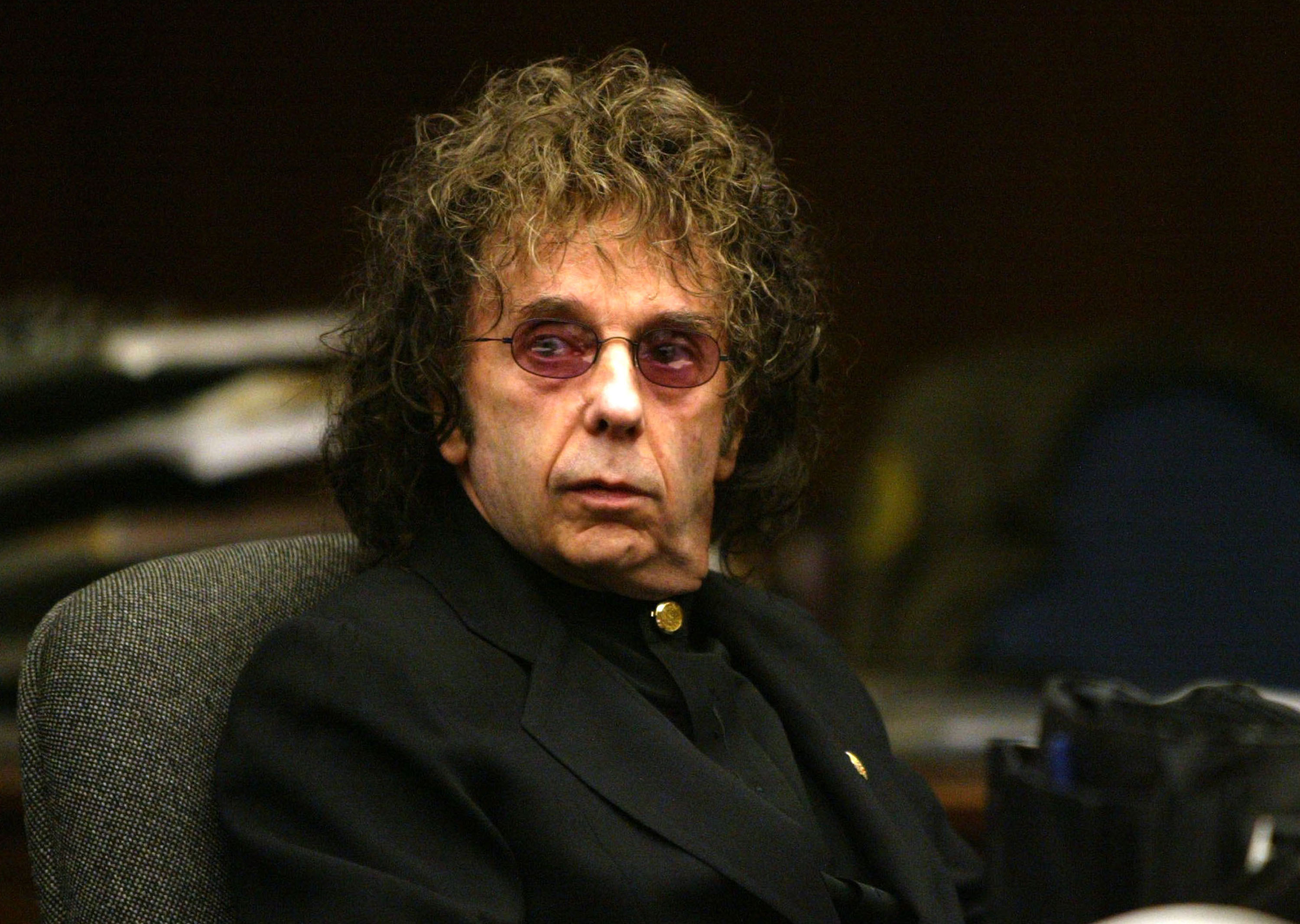Legendary singer Ronnie Spector, lead singer of the Ronettes and the voice behind 1960s girl-group classics like “Be My Baby,” “Baby, I Love You” and “Walking in the Rain,” has reportedly died at the age of 78 after a brief battle with cancer.
“Ronnie lived her life with a twinkle in her eye, a spunky attitude, a wicked sense of humor and a smile on her face,” Spector’s family said in a statement. “She was filled with love and gratitude. Her joyful sound, playful nature and magical presence will live on in all who knew, heard or saw her.”
Spector — born Veronica Bennett — founded the Ronettes in 1957 with her sister Estelle Bennett and their cousin Nedra Talley and remained with the group until they broke up in 1967. Working with her husband Phil Spector (who she married in 1968 and split up with in 1972), the group became one of the most popular acts of their era, emblematic of Spector’s “Wall of Sound” production style.
In addition to a beloved singer, Ronnie Spector was also a survivor, and in 1990 she released her memoir Be My Baby: How I Survived Mascara, Miniskirts, and Madness in which she chronicled the horrific abuse she endured at the hands of her husband. The producer kept her imprisoned in their home for years, locking her away and hiding her shoes so she wouldn’t be able to escape. (She ran out of their mansion barefoot in 1972 and never looked back.) He allegedly kept a gold, glass-top coffin in their basement and told her that if she left, he’d kill her and display her corpse in it, and when she finally did leave, he convinced her to sign away all her future earnings and custody of their children by threatening her with a hitman.
Eventually, in 1988, the Ronettes sued Phil Spector for unpaid royalties, and in 2001 a judge ordered him to pay them $2.6 million.
In 1986, Ronnie Spector enjoyed a bit of a resurgence as a featured vocalist on Eddie Money’s hit “Take Me Home Tonight.”
Her family’s statement adds, “In lieu of flowers, Ronnie requested that donations be made to your local women’s shelter or to the American Indian College Fund. A celebration of Ronnie’s life and music will be announced in the future. The family respectfully asks for privacy at this time.”
Thanks for reading InsideHook. Sign up for our daily newsletter and be in the know.
















